19 Great Reasons to Add Lemongrass to Your Garden
Lemongrass is a versatile and low-maintenance plant that can offer numerous benefits to your garden. Whether you’re a seasoned gardener or just starting, this herb is easy to grow and offers a wide range of uses. From natural pest repellent to flavorful additions in cooking, lemongrass brings both practical and aesthetic value to your outdoor space. It thrives in various climates and soil types, making it a reliable choice for gardeners. Not only does it have culinary and medicinal benefits, but its fresh citrusy scent adds a refreshing touch to your garden.
This post may contain affiliate links, which helps keep this content free. Please read our disclosure for more info.
Natural Pest Repellent
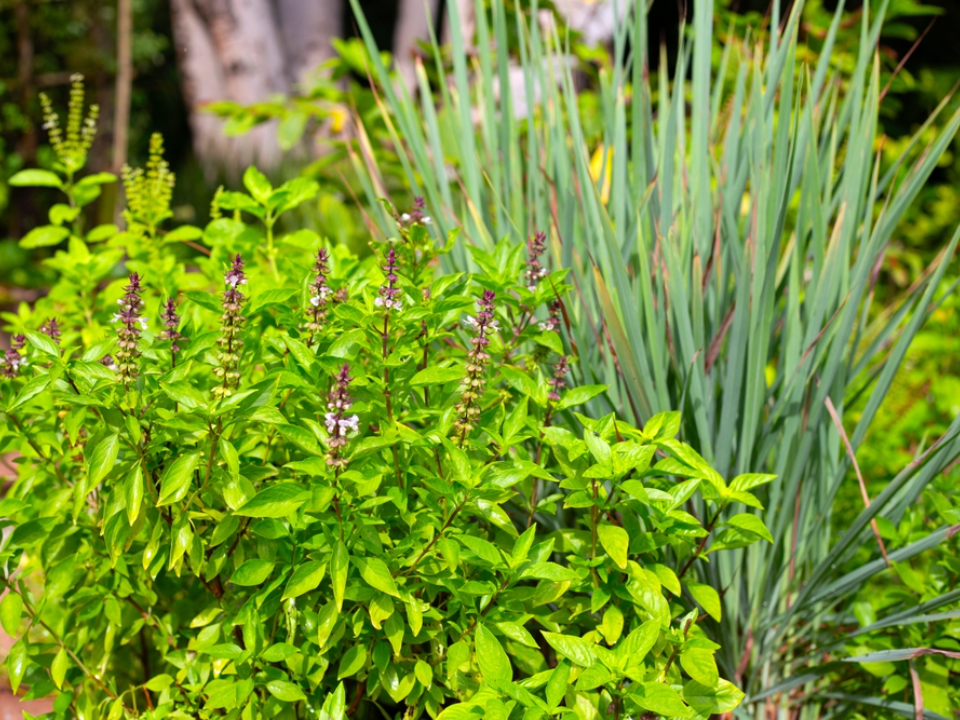
Lemongrass has a strong citrus scent that naturally repels pests, such as mosquitoes and flies. By planting it in your garden, you can keep these unwelcome guests at bay without the need for harsh chemicals or sprays. Its aroma can act as a barrier, making your outdoor spaces more comfortable and enjoyable.
In addition to warding off insects, the plant can be grown alongside other vegetables and herbs to prevent pest invasions. The presence of lemongrass can also help protect plants from pests like aphids, which can otherwise cause significant damage to your crops.
Low-Maintenance Plant
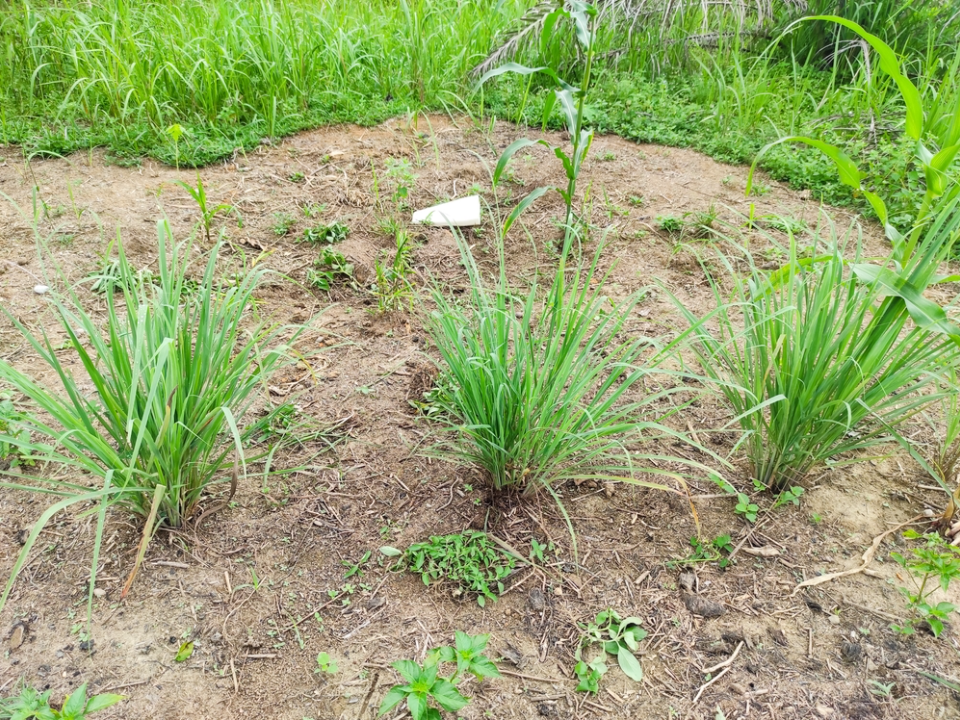
Lemongrass is incredibly easy to grow, making it an excellent choice for gardeners of all skill levels. It thrives in full sunlight and requires only minimal care once established. A simple watering routine and occasional trimming are usually all that is needed to keep it healthy and thriving.
It also tolerates a variety of soil types, though it grows best in well-drained, fertile soil. Its hardiness makes it a great option for both beginner and seasoned gardeners, as it requires little intervention and grows quickly.
Culinary Uses
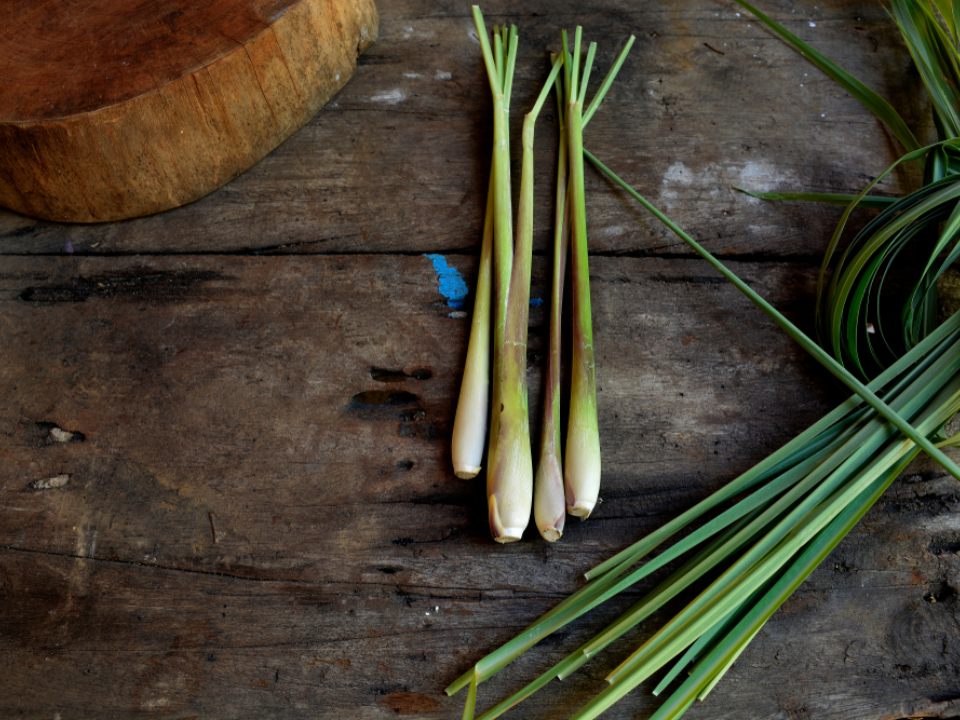
Lemongrass is a popular herb in many cuisines, especially in Southeast Asia. It imparts a fresh, zesty flavor to dishes like soups, curries, and teas. Its subtle lemon flavor enhances both savory and sweet dishes, making it an essential ingredient in a variety of recipes.
Beyond cooking, lemongrass can also be used to make refreshing herbal teas. Simply steep the leaves in hot water for a few minutes, and you will have a soothing, aromatic beverage that can be enjoyed hot or iced.
Versatility in the Kitchen

Not only is lemongrass used in savory dishes, but it can also be added to desserts for an unexpected twist. It pairs well with coconut milk and is often used in smoothies, sorbets, or infused syrups. This flexibility allows for creative uses in the kitchen, adding a touch of freshness to your cooking repertoire.
It is also great for marinating meats, especially chicken and fish. The tenderizing effect of lemongrass, combined with its aromatic taste, elevates the flavor profile of various dishes.
Health Benefits
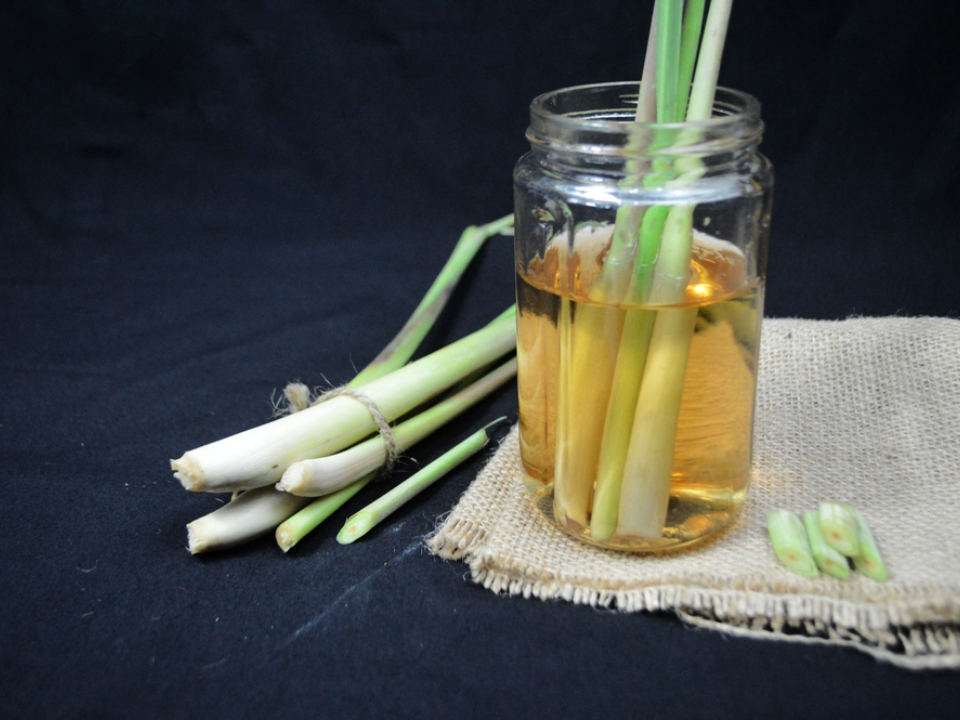
Lemongrass is known for its potential health benefits, such as aiding in digestion and promoting relaxation. The compounds found in lemongrass, like citral, have been linked to improving digestion by reducing bloating and discomfort. It is often used in natural remedies for gastrointestinal issues.
Additionally, lemongrass has been found to have antimicrobial properties, helping to combat bacteria and infections. Its calming effects can also be beneficial for reducing stress and promoting better sleep when consumed in tea or used in essential oils.
Aromatic Appeal
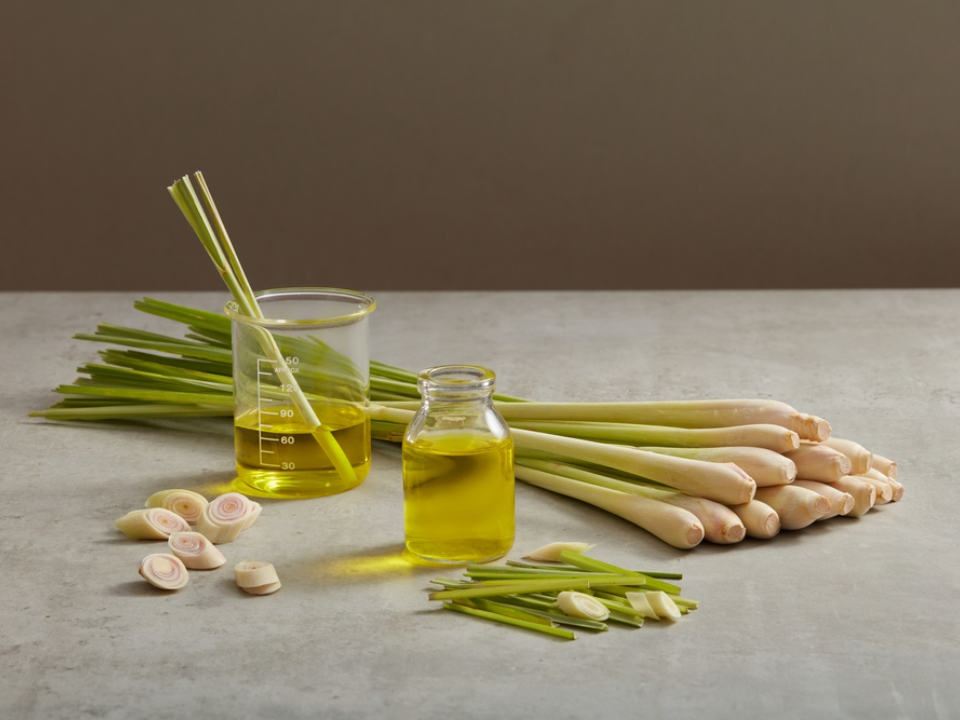
The pleasant citrusy scent of lemongrass can enhance the ambiance of your garden. Its fresh fragrance can fill the air, adding a natural, uplifting aroma that is both refreshing and invigorating. This makes it an excellent addition to any outdoor space, especially during the warmer months.
Its scent can also be used in homemade potpourri or essential oils. Crushing the leaves releases the aromatic oils, making it perfect for creating natural air fresheners in your home.
Decorative Garden Addition
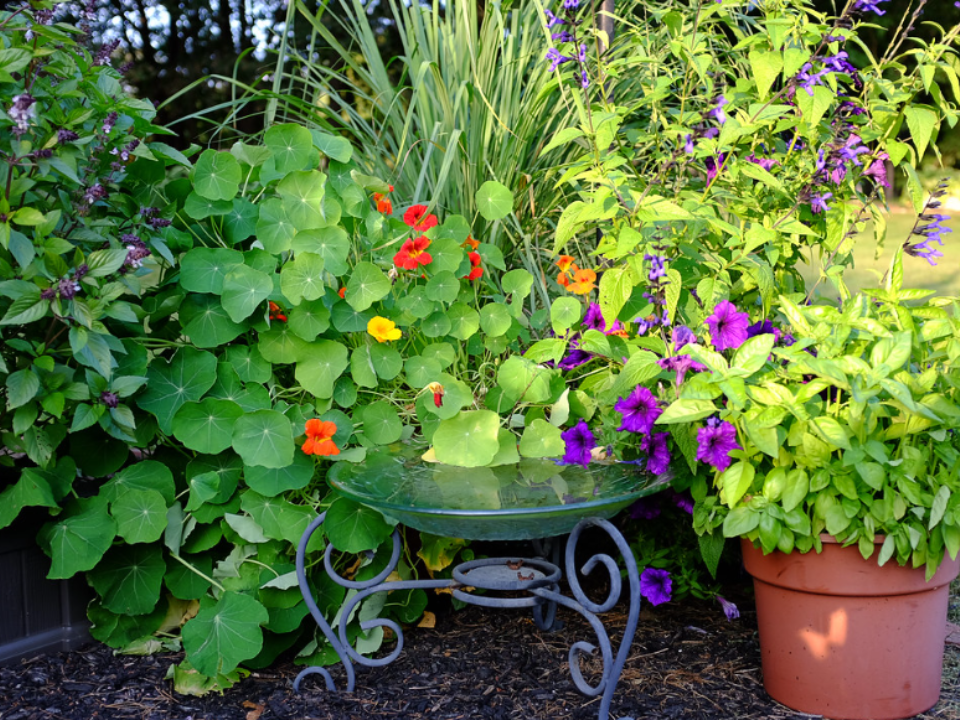
Lemongrass has a visually appealing appearance, with tall, slender stalks and green blades that add texture and height to your garden. Its grassy foliage can complement a variety of other plants, adding a tropical flair to your landscaping.
Its dense growth habit also makes it suitable for use as a border plant or natural fence. As it matures, lemongrass forms a thick, bushy clump, which can help define garden beds or act as a natural privacy screen.
Drought-Resistant Plant
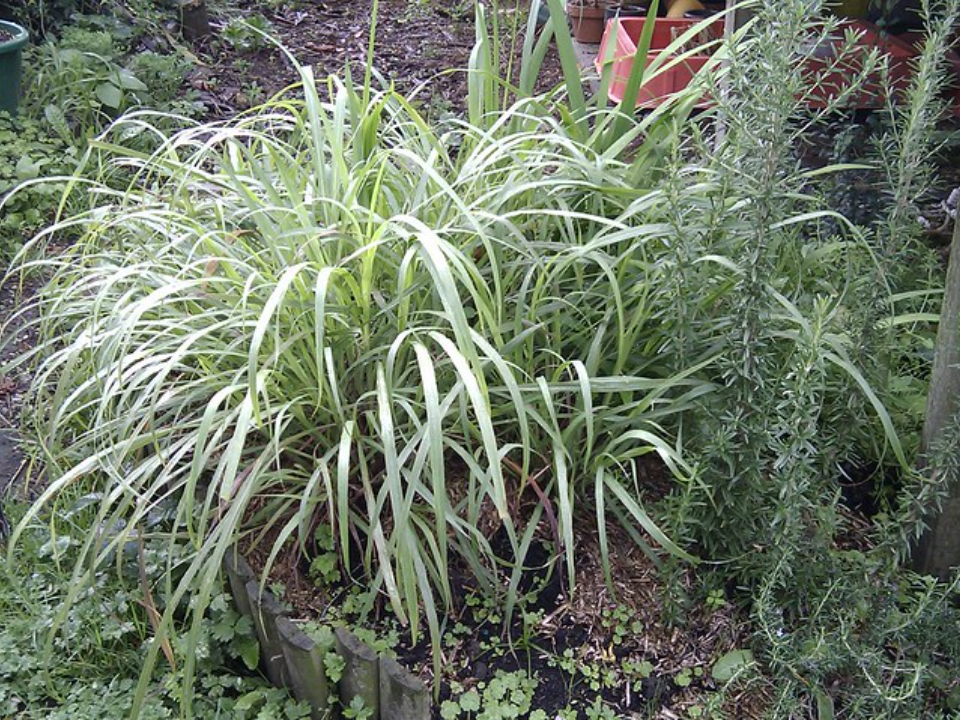
Once established, lemongrass is highly drought-tolerant. This makes it an excellent choice for gardeners in areas with limited water resources. Its ability to survive dry spells while maintaining its health and vigor makes it an ideal option for xeriscaping or low-water gardens.
While it does require regular watering initially, lemongrass can withstand periods of dryness without showing signs of stress. Its hardiness in dry conditions means it can thrive even in regions prone to occasional droughts.
Attracts Beneficial Insects
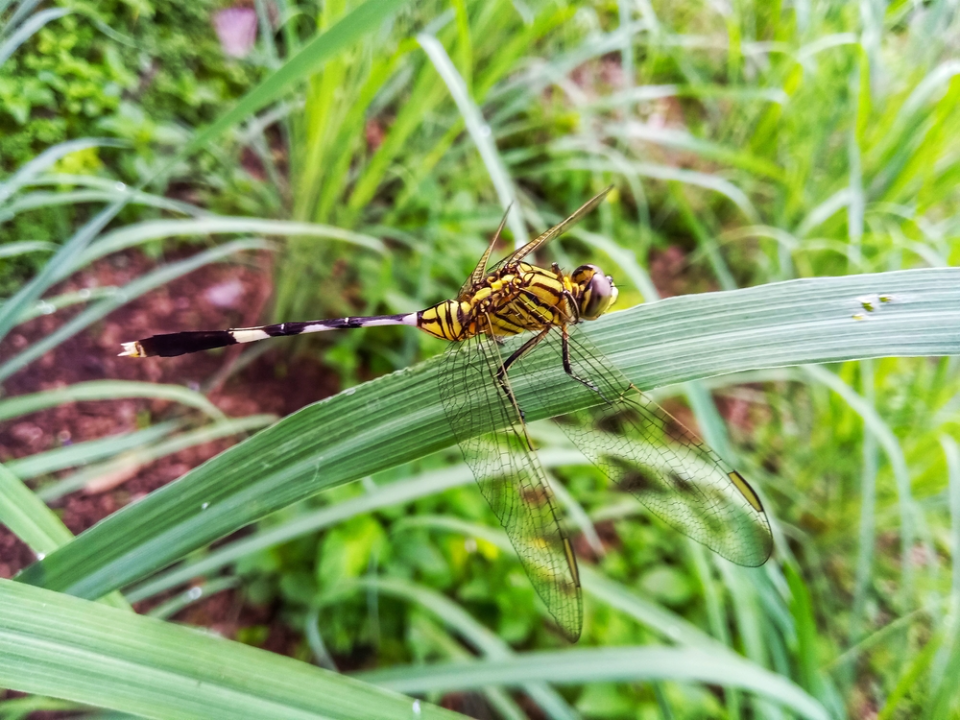
Lemongrass attracts beneficial insects, such as bees and butterflies, which play an essential role in pollination. These pollinators help other plants in your garden produce flowers and fruits, contributing to a healthier ecosystem. The presence of lemongrass can encourage a diverse range of beneficial insects.
These insects also help maintain balance in your garden by controlling pests and ensuring that your plants thrive. Lemongrass, therefore, not only benefits your garden directly but also creates a more favorable environment for other plants to flourish.
Easy to Propagate
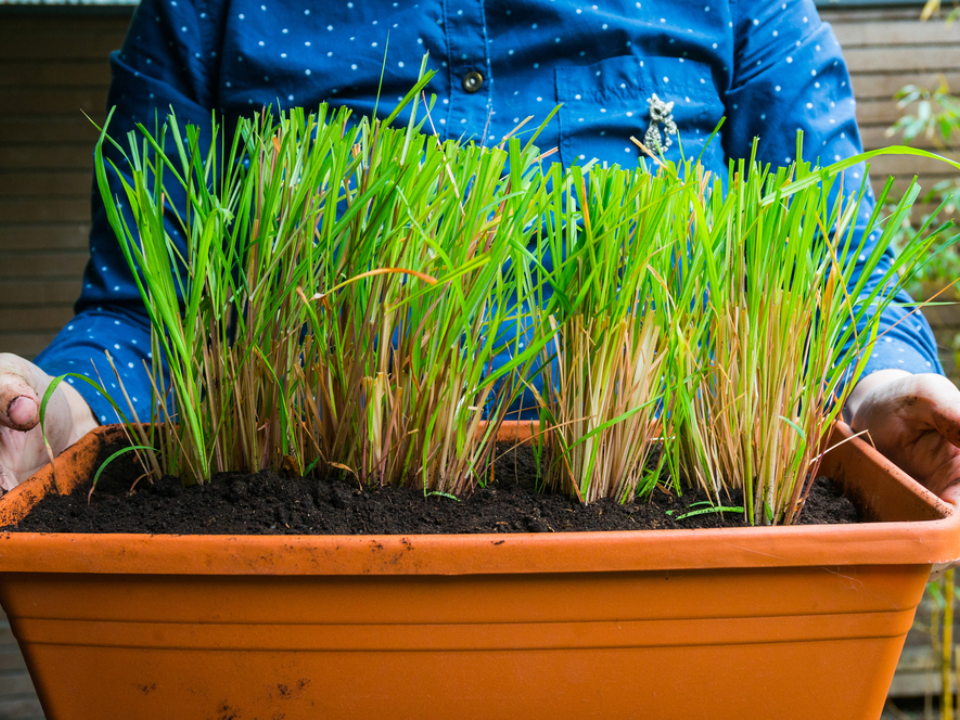
Lemongrass is easy to propagate from cuttings, making it a cost-effective way to grow more plants without buying seeds or new plants. Simply take a cutting of a healthy stalk, place it in water, and watch it develop roots over time. Once rooted, it can be transplanted into the garden or into containers.
Propagation can be done year-round, though it is often best to start in the spring when temperatures are warmer. This method of growing allows you to expand your lemongrass garden without spending extra money on new plants.
Natural Flavor Enhancer for Drinks

In addition to its culinary uses, lemongrass is an excellent addition to both alcoholic and non-alcoholic beverages. It can be used to flavor cocktails, such as mojitos or gin and tonics, providing a refreshing citrus note. For non-alcoholic drinks, it works wonderfully in lemonade or iced tea.
Its crisp, zesty flavor also works well in infused waters, where it can be combined with other herbs like mint or basil. This versatility allows you to experiment with refreshing beverages that are perfect for hot weather.
Natural Antioxidants
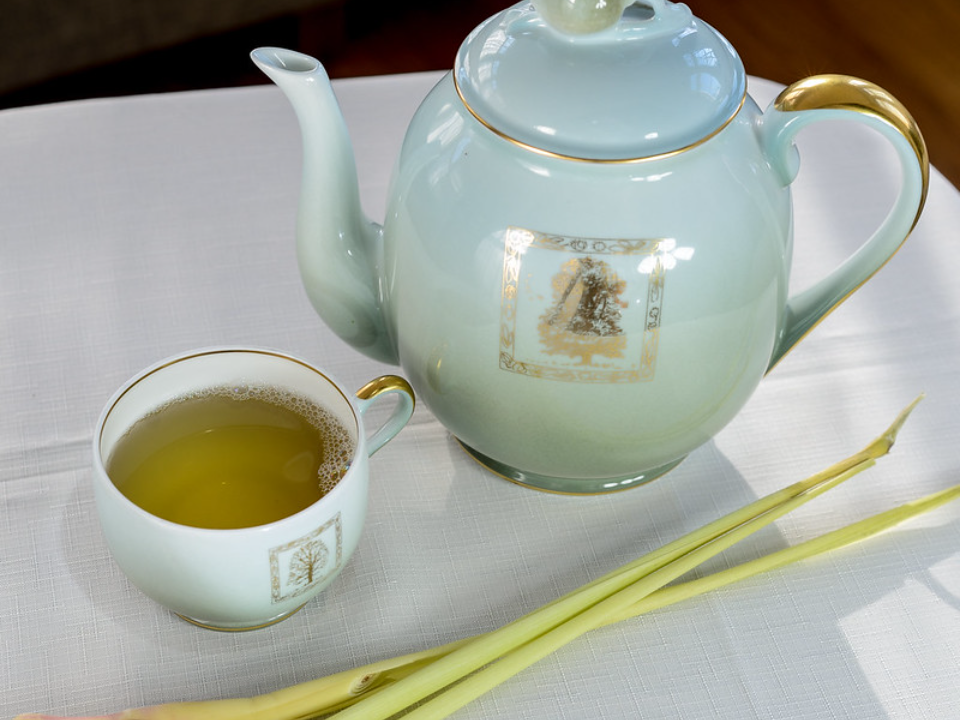
Lemongrass is rich in antioxidants, which help fight off free radicals and reduce oxidative stress in the body. These antioxidants can help improve skin health, boost your immune system, and reduce inflammation. As part of a balanced diet, lemongrass can contribute to overall health and wellness.
Regular consumption of lemongrass may also assist in the detoxification process, helping the body remove toxins and impurities. This makes it a great addition to any health-conscious lifestyle.
Supports Weight Loss
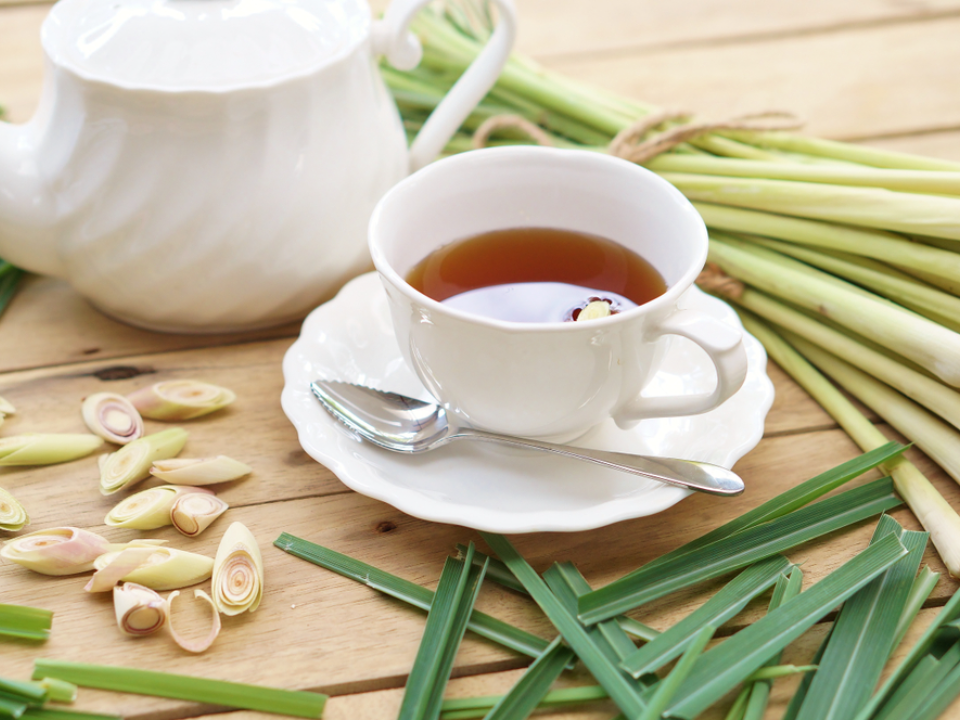
Drinking lemongrass tea has been linked to promoting weight loss due to its potential to boost metabolism. The tea can also help reduce bloating and improve digestion, making it an excellent choice for those looking to shed a few pounds.
The natural diuretic properties of lemongrass can help reduce water retention, contributing to a slimmer appearance. When combined with a healthy diet and exercise routine, lemongrass can be a helpful aid in achieving weight loss goals.
Excellent Container Plant
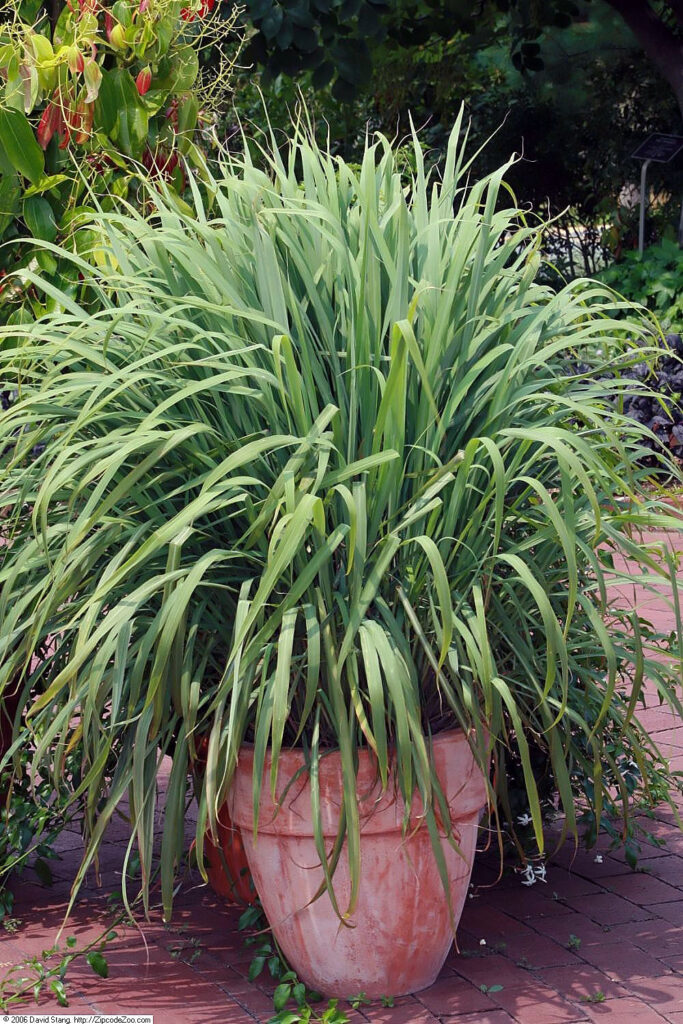
Lemongrass grows well in containers, making it ideal for gardeners with limited space or those who want to grow it on patios, balconies, or even windowsills. Container gardening allows you to move the plant to different locations for better sun exposure or to protect it from extreme weather conditions.
This flexibility also makes it possible to keep lemongrass indoors during colder months. When grown in containers, it can be easily moved inside, ensuring that the plant continues to thrive year-round.
Suitable for Companion Planting
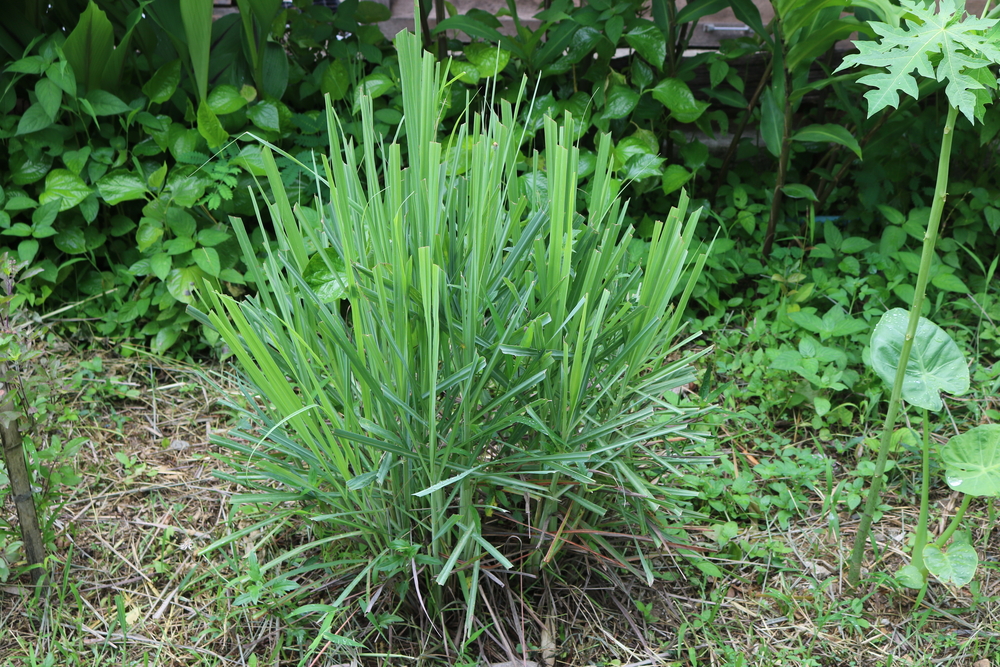
Lemongrass works well as a companion plant in the garden, helping to improve the growth of other crops. It is particularly beneficial when planted alongside tomatoes, peppers, and other vegetables. The strong aroma of lemongrass can help deter pests from targeting your more delicate plants.
By growing lemongrass near these plants, you can create a natural pest barrier that improves the overall health and yield of your garden. Its versatility as a companion plant makes it an excellent choice for diverse garden layouts.
Makes a Great Natural Cleaner
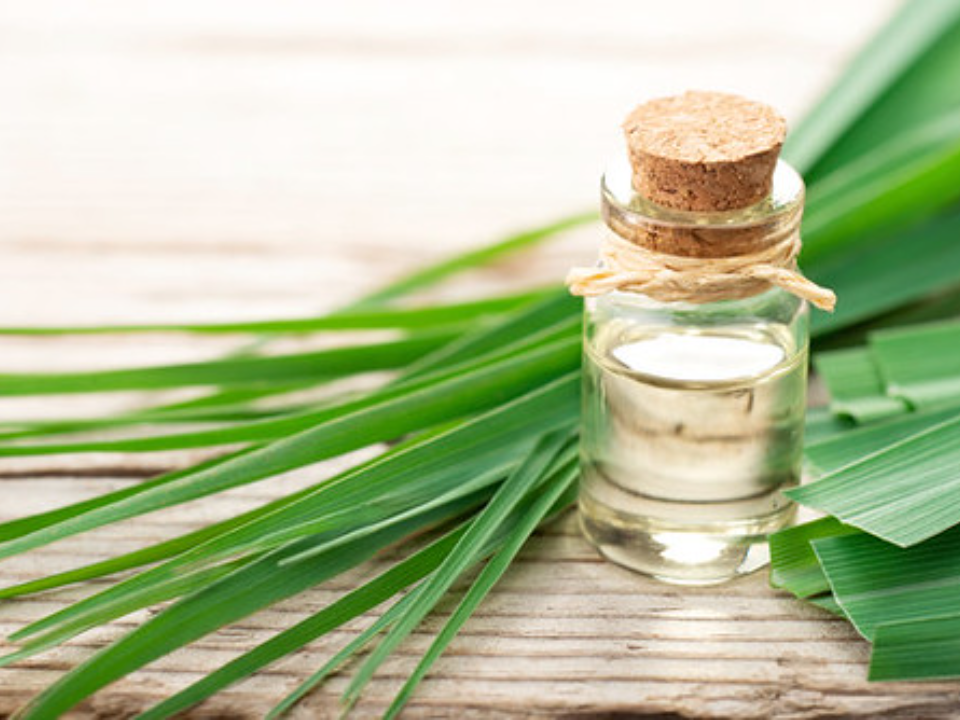
The oils extracted from lemongrass have natural antibacterial and antifungal properties, making them effective in homemade cleaning products. Lemongrass essential oil can be used to create a natural disinfectant spray for countertops, floors, and even bathroom surfaces.
This eco-friendly alternative to commercial cleaners helps reduce your reliance on chemical-laden products, providing a safer option for families with young children or pets. Lemongrass leaves can also be used as a natural scrubber for cleaning pots and pans.
Eco-Friendly Plant
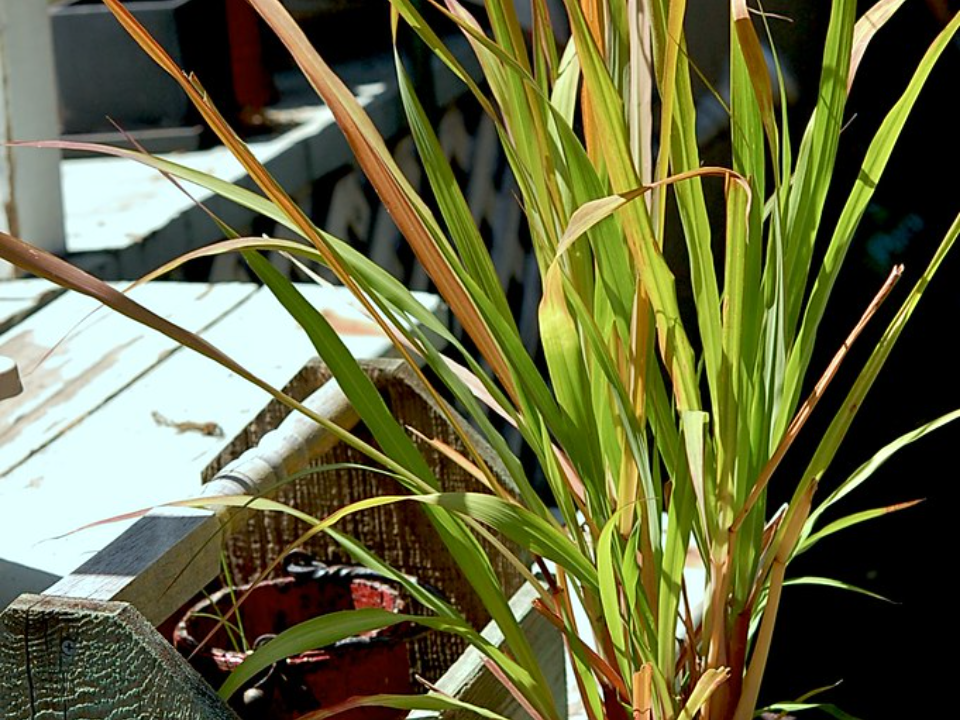
Growing lemongrass is an eco-friendly option for gardeners looking to reduce their carbon footprint. It requires minimal resources and can be grown without the use of synthetic fertilizers or pesticides. By cultivating lemongrass in your garden, you can help create a more sustainable and natural environment.
Additionally, lemongrass helps improve soil quality by adding organic matter and supporting the growth of beneficial microorganisms. Its natural growing habits contribute to a more balanced ecosystem in your garden.
Affordable and Cost-Effective
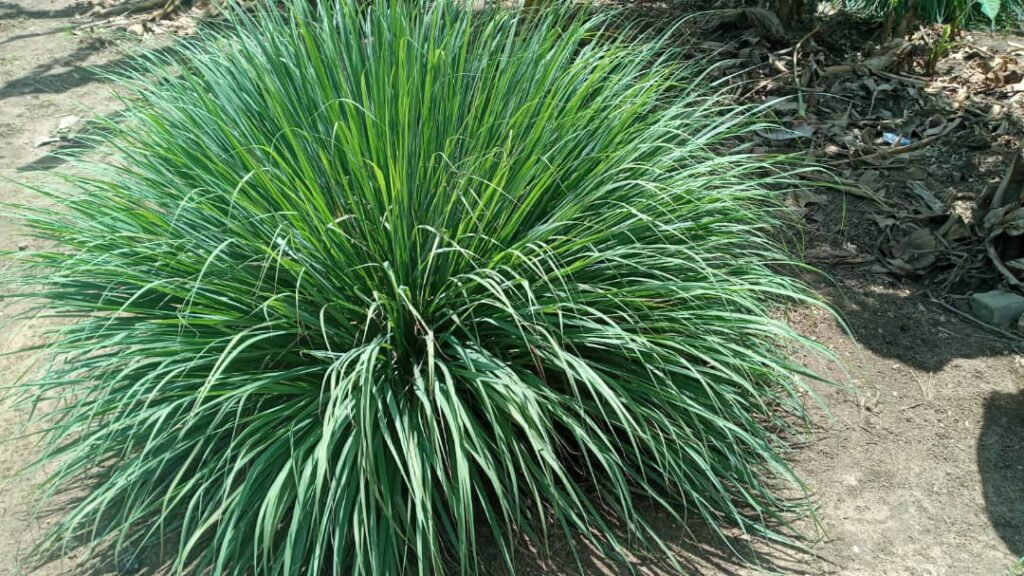
Lemongrass is an inexpensive plant to grow, making it a cost-effective choice for gardeners. Unlike some other herbs, it does not require frequent replanting and can be propagated easily from cuttings. Once established, it continues to produce fresh leaves year-round, providing a steady supply of aromatic herbs.
The ability to harvest lemongrass regularly without much upkeep makes it a budget-friendly option for those looking to grow their own herbs. This affordability, combined with its numerous uses, makes it a smart addition to any garden.
Tolerates Poor Soil
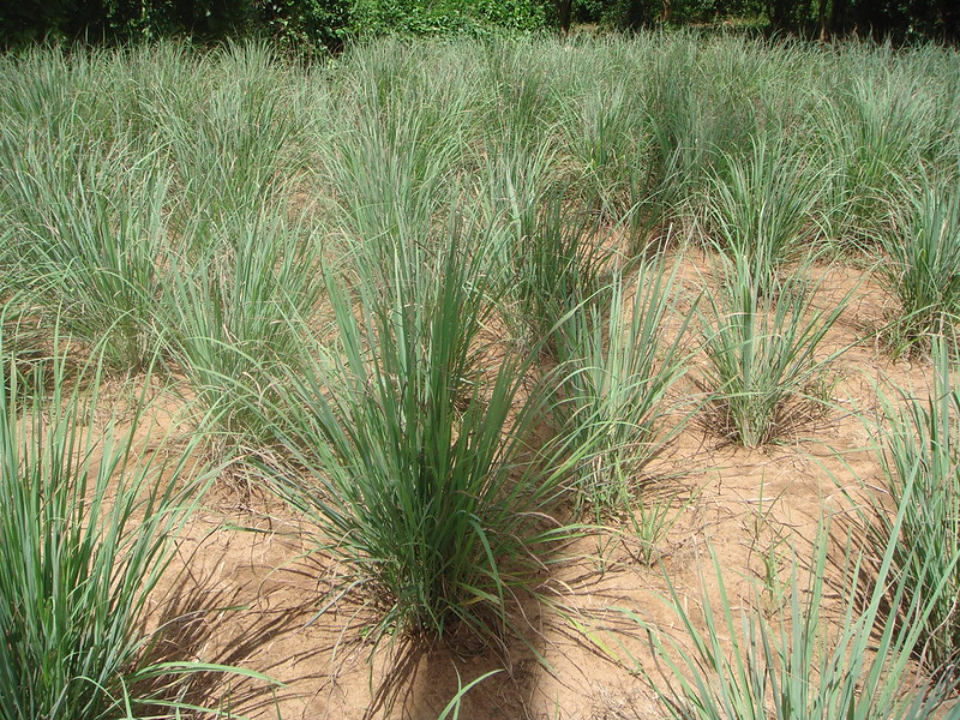
Lemongrass is resilient and can tolerate a variety of soil types, making it an excellent option for gardeners dealing with poor or rocky soil. While it prefers well-drained, fertile soil, it can still thrive in less-than-ideal conditions without significant problems.
This adaptability makes lemongrass an easy plant to grow, even for those with challenging soil in their garden. It is a perfect choice for areas where other, more finicky plants may struggle.
This article originally appeared on Avocadu.
